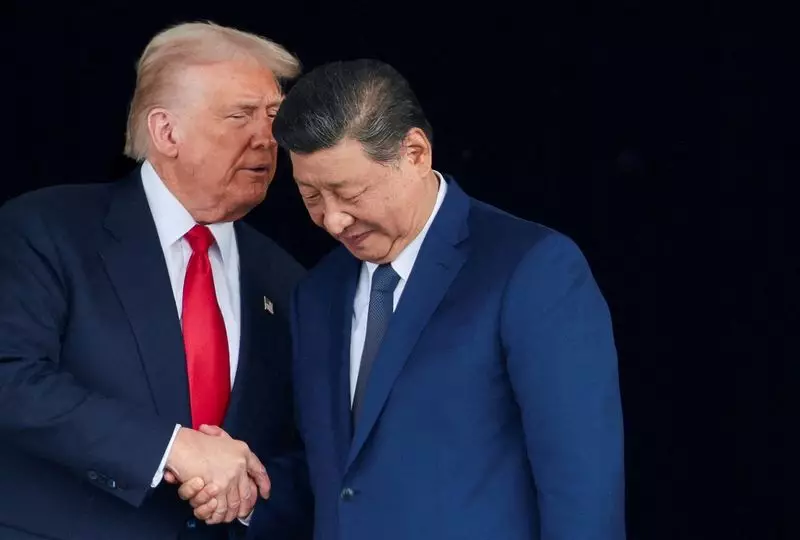
In a significant development that has captured global attention, the United States and China have declared a temporary ceasefire in their protracted trade war. While the pause in hostilities offers a much-needed breather to the world economy, experts caution that the fundamental strategic competition between the two superpowers remains unchanged.
The G20 Handshake That Paused a Trade War
The truce was finalized during the highly anticipated meeting between US President Donald Trump and Chinese President Xi Jinping at the G20 summit in Osaka. Both leaders agreed to resume trade negotiations that had previously reached a stalemate, with Washington putting on hold its threat of imposing additional tariffs on Chinese imports worth billions of dollars.
The immediate market response has been positive, with global stocks rallying and business confidence receiving a temporary boost. However, seasoned observers of US-China relations are quick to point out that this represents merely a pause, not a resolution, in the ongoing economic confrontation.
Beyond Trade: The Unchanged Strategic Rivalry
While the trade war dominates headlines, the underlying competition extends far beyond tariffs and trade imbalances. The temporary truce does little to address core issues such as:
- Technology supremacy and the battle over 5G networks
- Intellectual property rights and forced technology transfers
- Geopolitical influence in the Asia-Pacific region
- Military modernization and South China Sea tensions
These fundamental differences ensure that the US-China relationship will continue to be characterized by strategic competition, regardless of temporary trade agreements.
Implications for India and Global Supply Chains
The ongoing US-China tensions present both challenges and opportunities for India. Some manufacturers are already considering relocating production from China to alternative locations, including India. However, New Delhi must navigate this complex situation carefully, balancing relationships with both economic giants while protecting its own strategic interests.
The temporary nature of the truce means businesses should prepare for continued uncertainty in global trade patterns, with potential disruptions to supply chains and pricing structures affecting multiple industries worldwide.
What Comes Next?
While the immediate escalation has been avoided, the path forward remains uncertain. The success of renewed negotiations will depend on both sides' willingness to make substantive concessions on deeply contentious issues. The world watches closely as these economic titans continue their delicate dance of competition and limited cooperation.





